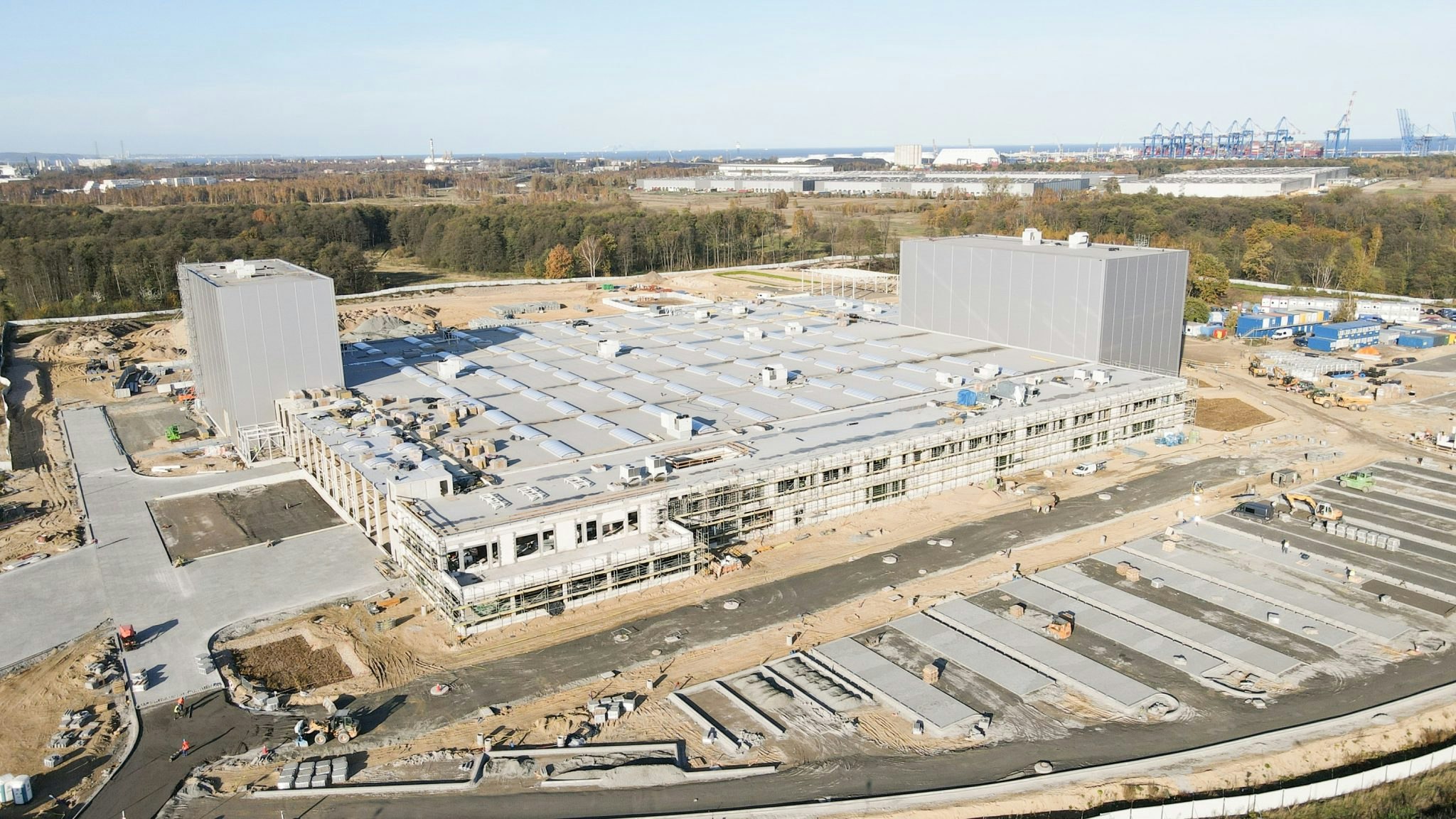As a historic boom for tech investment fades, and the world stares into a potential recession, how much will green tech suffer? Already, activity in the sector has cooled: deal count is down from an average of 80 per month in 2021 to 61 so far in 2022, according to Dealroom. Despite brisker temperatures, Northvolt, Octopus and Rimac have all announced big rounds this summer.
We gathered industry experts to discuss the changing environment at a Sifted Pro Roundtable — monthly industry networking forums for the Pro community — following our recent research briefings on carbon capture and offsetting.
How worried should climate tech founders be?
Not especially, was the resounding answer. Climate tech is a soaring industry in Europe: last year, investors poured in $10bn, up from €5.4bn in 2020.
That said, investors are sure to be choosier than they were in the heady days of 2021 — and funding rounds will take longer to close this year, experts told us.
Not a repeat of 2008: green tech to weather downturn better this time
Climate tech is less vulnerable to a recession now than it was in the dark days of 2008, according to a nearly unanimous group poll.
Following the 2008 crash, green investment took a sizeable hit. Now, however, there's increased urgency to wean the world off fossil fuels, with net zero targets looming large. “We don’t have the luxury of time” anymore, one participant said.
There’s also a clearer path to riches: at the end of last year there were 16 European climate tech unicorns, 11 of which entered the paddock in 2021, Dealroom data shows.
Expect M&A uptick
More than half (58%) of attendees expect an uptick in company wrap-ups this year — a good thing, some argued, as it will create bigger, more competitive operators.
“Right now, there are no winners among [many] segments [in Europe], but the more mature those sectors become, the more M&A activity we will see,” argued one attendee.
“It’s still an early sector, and it’s fundamentally undervalued,” said another. “People don’t understand how big these markets can be. We’re talking trillions of dollars, not just billions.”
Figuring out if carbon offsetting really offsets carbon
Looking at the carbon-tracking world specifically, there is an ongoing struggle to verify the claims of all the new and ambitious technologies that pop up every month.
Without proper ways to measure company performance “we do risk another bubble where we channel all the capital in solutions that don't necessarily bring the climatic impact they hope for”, a participant said.
No reliable and scalable measurement for this tech will also make it “hard[er] to get corporates to lean more into the market and help scale it,” the expert added.
Founders, don’t panic: tips for fundraising
First, be patient. “You’ll need to be crystal clear — now more than ever — about your market positioning, how you measure up to competitors, and where your customers are going to come from,” said one expert.
Shop around. “Of course everyone wants to raise their funding with [VC firm] Sequoia,” said another participant. But founders should avoid the mistake of being too picky and instead approach a range of investors. “Get on Dealroom and start compiling a list of VCs beyond the usual suspects,” another added.
Finally, gird for a wait. Fundraising will almost certainly take longer this year than in previous years, as investors move their chips more cautiously.
Feeling the FOMO? Join our next roundtable on scaling deeptech in Europe on September 30. Participants must be registered Pro members. Not yet part of the community? Apply here.


